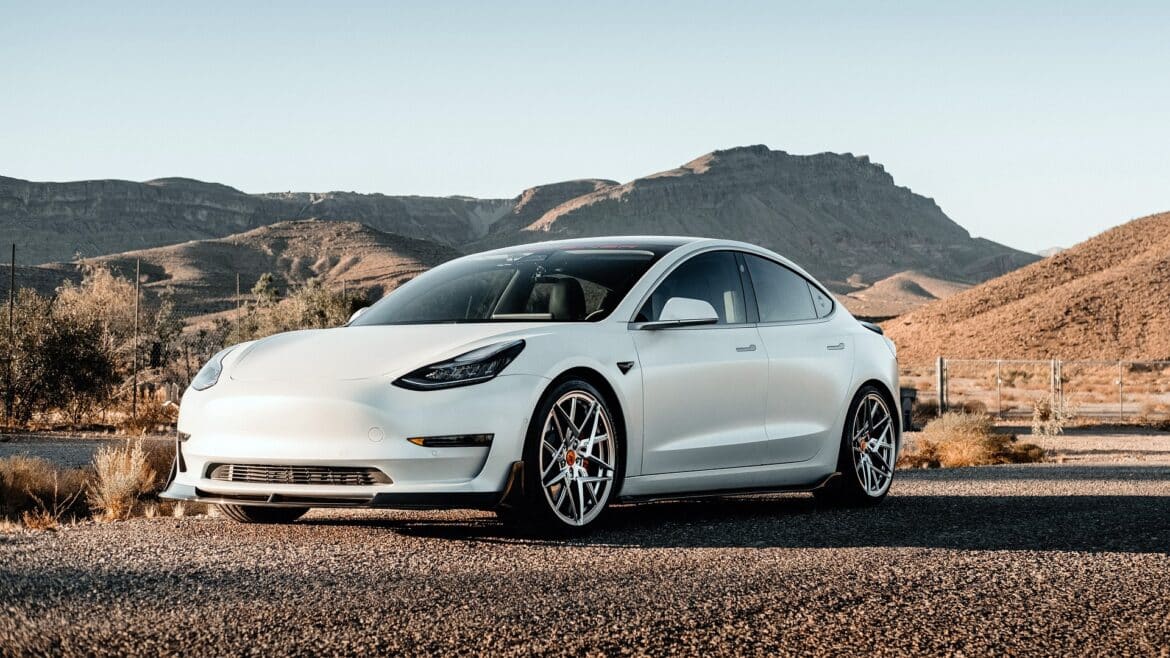Electric cars are becoming increasingly popular among motorists, prompting many of them to approach this new approach to mobility. At the time of purchase, one of the questions that is asked is: how much does an electric car weigh? Indeed, the weight of an electric car has a significant impact on its performance, including its range and driveability.
The weight of electric cars
In general, electric cars tend to be heavier than internal combustion cars in the same segment. This is mainly due to the presence of batteries, which make up a significant part of the vehicle’s total weight. In addition, many electric cars are equipped with larger electric motors and cooling systems, which further contribute to the overall weight.
However, not all electric cars are equal in terms of weight. For example, the Tesla Model 3 has a total weight of around 1,600 kg, while the larger Tesla Model X weighs around 2,400 kg. The Nissan Leaf, one of the world’s best-selling electric car models, weighs around 1,580 kg. Overall, the weight of electric cars varies depending on model, size and battery capacity.
It is important to note that the majority of electric cars available on the market today weigh more than 1500 kg, ranging between 1500 and 2000 kg, with a few exceptions. There are not many battery-powered cars under 1500 kg: these include the Mini Cooper SE, the Fiat 500e, the BMW i3 in 22 and 42 kWh versions, the Volkswagen e-up! in 18 and 36 kWh versions, and the Mitsubishi i-MiEV.

How weight affects the range of electric cars
Lighter vehicles might have some advantages, such as higher energy efficiency and better manoeuvrability, but also some limitations, such as reduced range and different driving comfort compared to larger and heavier electric cars. However, it is important to note that battery technology is evolving rapidly and lighter and longer-range electric cars are becoming increasingly popular on the market. Furthermore, electric cars may become increasingly popular in different market segments, including lighter vehicles and more city cars.
In addition to the battery and electric motor, other factors that influence the weight of electric cars include the type of chassis, the materials used in the vehicle’s construction, and the presence of additional technologies such as driver assistance systems. The weight of electric cars can have an impact on their range, as a heavier vehicle requires more energy to move. However, electric cars are generally designed to compensate for this weight increase with larger batteries and more efficient engines.
Ultimately, the weight of electric cars varies depending on the model, size and battery capacity. Although electric cars tend to be heavier than internal combustion cars, manufacturers are continuing to look for ways to reduce the overall weight of vehicles, improve efficiency and increase range.








